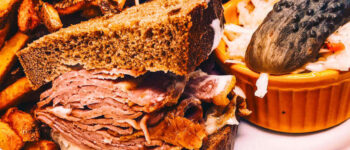Most of us know that fresh fruits and vegetables are the most common foods used for juicing. That being said, there are many reasons why someone might choose frozen produce over fresh produce. Purchasing and consuming frozen products might be a personal preference, for monetary reasons or just to prevent food waste. However, the question then becomes, can you juice frozen fruit? Yes, but you will need to use certain techniques such as thawing and draining to help you along.
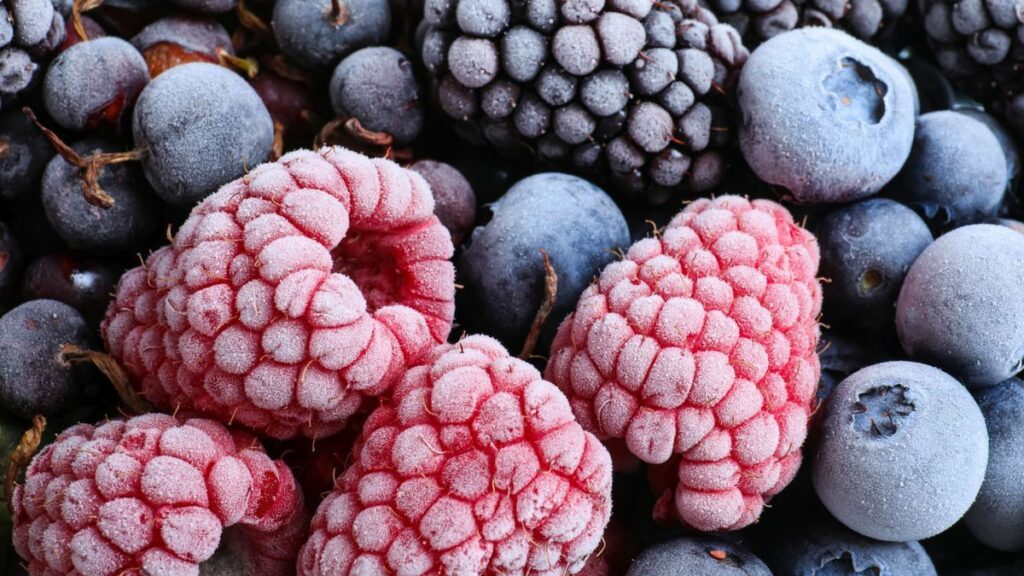
Do You Get The Same Type Of Juice From Frozen Fruits As You Would With Fresh?
Not exactly. When juicing frozen fruit, you do end up with a slightly lower juice yield than you would with perfectly ripe, fresh fruit. Luckily, frozen fruit is not too different from regular fresh juice, it just tends to be a little thicker in consistency.
Look to Tip # 4 and 5 to properly adjust consistency.
What’s The Best Type Of Juicer When Processing Frozen Fruit?
Most juicer’s have the ability to extract some juice from frozen fruits. However, there are two types of preferred juicers for frozen fruit – the horizontal masticating juicer and the vertical masticating juicer. Both types of masticating juicers have a slower processing speed than other types of fast acting juicers (such as the centrifugal juicer for example). Vertical masticating juicers tend to work a little faster, but have a lower nutrient yield than horizontal juicers. Both masticating juicer uses a screw attachment to force the produce against a sharp screen to extract juice. This slow process works great for frozen fruits because it can really harness all of the juice out.
Tips For Juicing With Frozen Fruit
The tips listed below are here to help you navigate juicing frozen fruit!
# 1 Break Up The Produce:
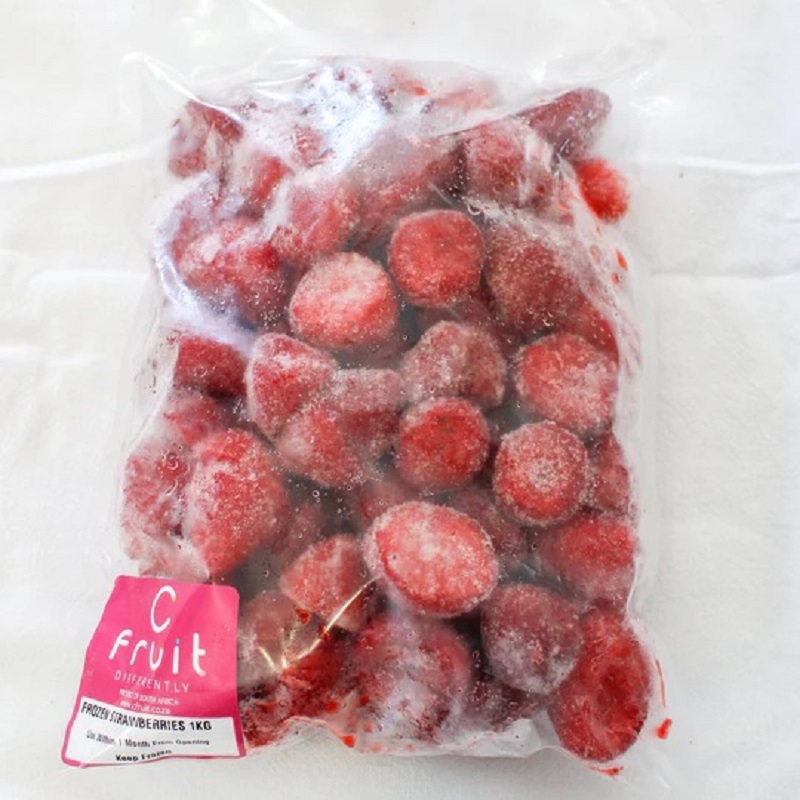
We all know how hard it can be to break up frozen fruits into smaller pieces that have been frozen together. Try buying frozen fruits that are separated or feel loose in the bag. This will save you some time. The fruit pieces need to be small enough to fit into the feeding chute without clogging.
Be mindful to keep fruits from sticking together when you are going to freeze them as well. Using a large Tupperware where the fruits have space can prevent this.
# 2 Thaw:
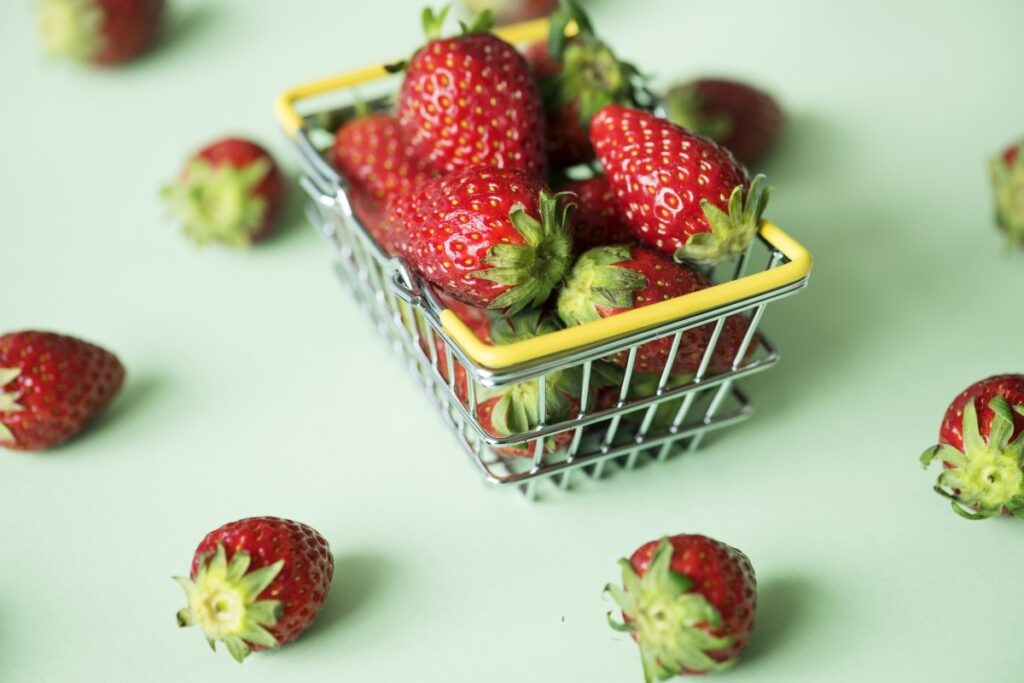
See more : Enjoy the Best Caramel Iced Coffee Starbucks at Home!
If you know you’re going to juice frozen fruit, make sure to leave them out for at least an hour before you start juicing. Soft fruit can prevent the juicer’s blade/screen from breaking, dulling or jamming. This can save you from a broken juicer! Thawing is the way to go.
# 3 Don’t Peel:
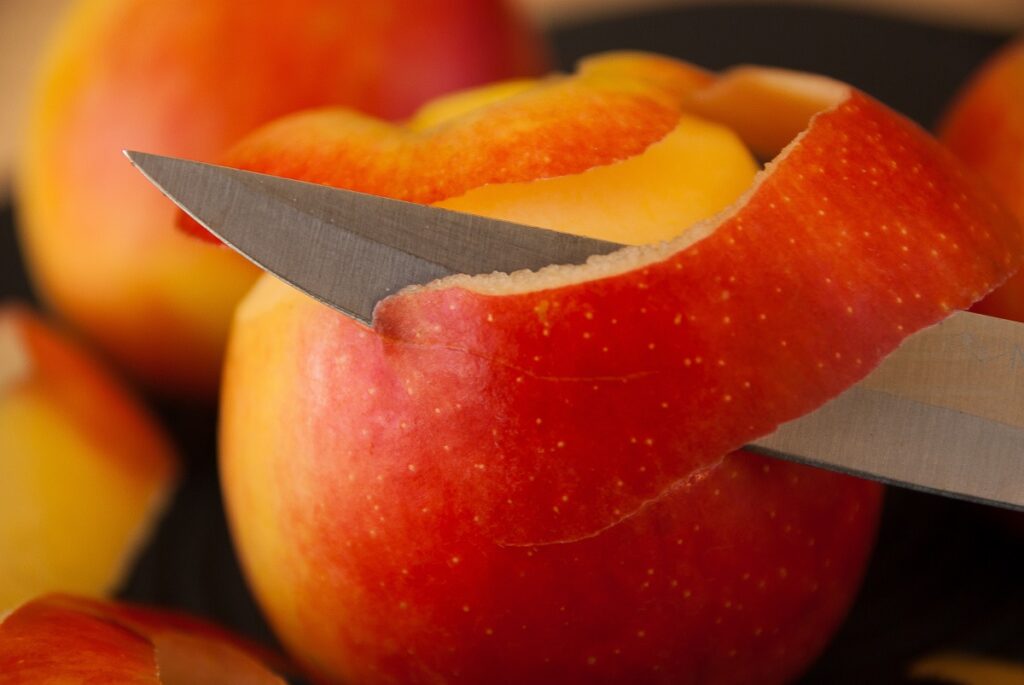
There is no need to waste precious time trying to remove the peel from frozen fruit, juicers are built to withstand and work through the peel. Besides, how else will you get the fruits full nutritional value? Keeping the peel keeps all of those great nutrients intact, preserving the nutritional value of your frozen ingredients.
# 4 Strain:
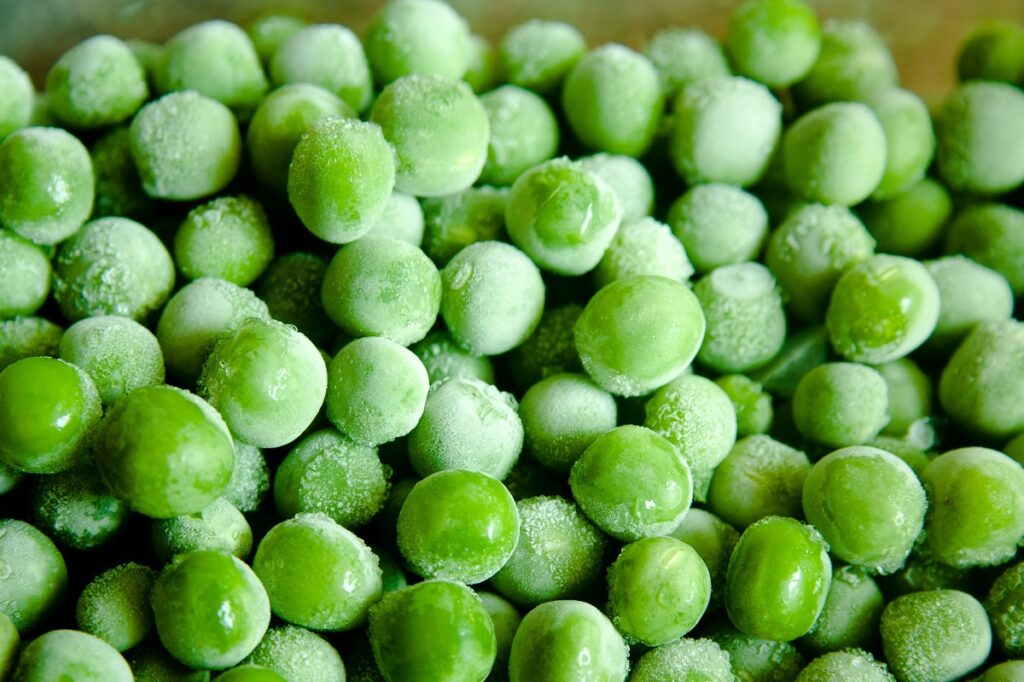
Once the fruits thaw (for at least an hour), you will see that there is some excess water left over. Be sure to strain the water before you start juicing. This will prevent the juice from tasting watered down and weak.
# 5 Add H20:
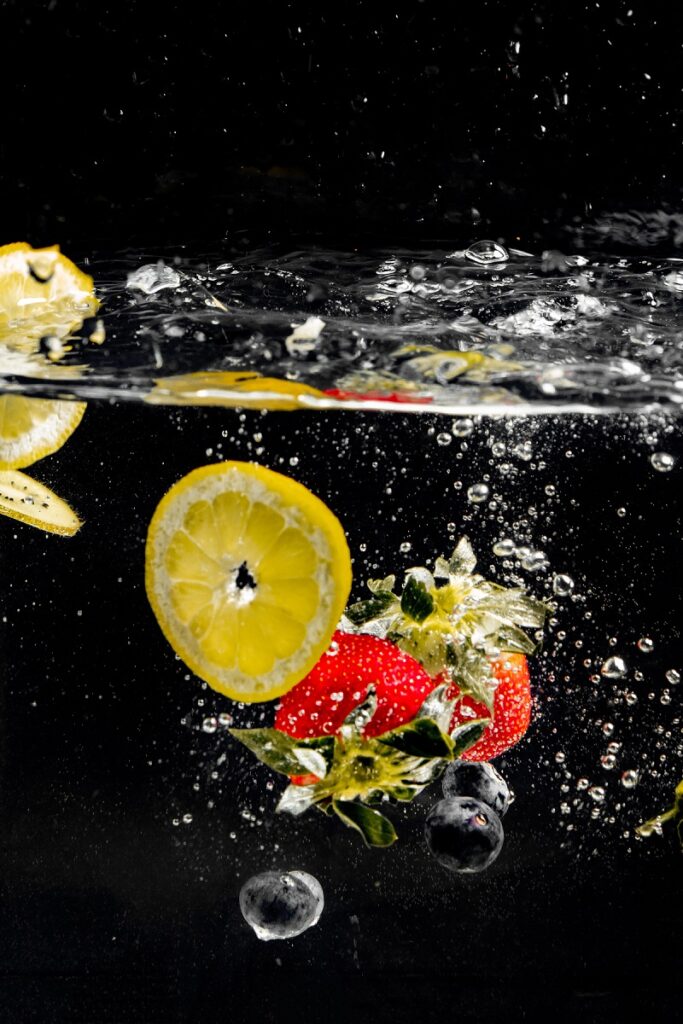
This seems a little unnecessary since my last tip was to remove water. However, when you juice frozen fruits, you are left with a lower juice yield and thicker consistency. Adding a little more liquid will help the taste and consistency. I would suggest adding 1 tbsp of water in at a time and tasting until the consistency and flavor is right where you want it.
# 6 Fresh Fruit:
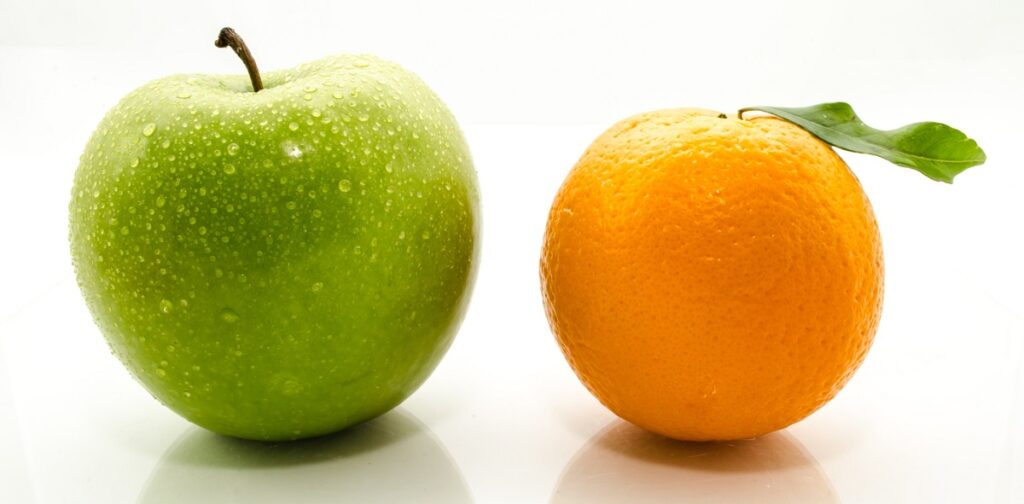
Adding fresh fruit such as, a single apple or orange could really rejuvenate the frozen fruit juice and give it a kick of freshness.
Comparing The Pros And Cons Of Juicing Frozen Fruits
Pros Of working with frozen fruit
-
Fresh fruits don’t have the longest ‘shelf life’. You typically have about 1 week before they start to go bad. I couldn’t even count how many times I’ve gone away for the weekend to come home to a bunch of rotten fruit. By freezing fruits, you can make them last longer and drastically prevent food waste. Who knew that the freezer could help with sustainability!
-
Fresh fruit prices waiver throughout the year depending on demand and what is in season. Frozen fruit can be a cost effective option for those who want to eat healthy but are on a tight budget.
-
See more : What is Caffeine Anydrous? Benefits, Risks, Comparisons Explained
Throughout the year, it can be difficult to get certain types of fruit. Berries, for example, are typically in season during the spring and summer. They tend to be harder to come by and more expensive in colder seasons. This is where frozen berries can come into play. Instead of eating out of season berries, you can get frozen seasonal berries that have the same taste and ripeness that they would have had in Spring and Summer. Frozen fruits are really helpful when you are trying to enjoy an otherwise seasonal fruit, year round.
-
Since freezing is used as a form of preservation within its self, most commercially frozen fruits do not have any preservatives or additives in them.
-
Frozen fruits and frozen vegetables do not lose their nutritional value like cooked produce does. In some cases the freezing process actually preserves vitamins and minerals more than fresh fruit. This is because over time the fresh fruits loses its nutrient content when overly ripe or rotting.
-
It’s safe to say that most people prefer their juice chilled. You get to skip that wait because frozen fruit juice comes out cold and refreshing right away. Perfect for a hot day or after a tiring workout!
Cons Of working with frozen fruit
-
As mentioned before, you do get a higher juice yield when working with fresh produce. If you are making juice for a large family or in large batches, you might want to rethink working with frozen fruit because it will take more time and more fruit.
-
If you don’t properly thaw your frozen fruit, you do run the risk of jamming or dulling your screen. This is something to be very mindful of when working with frozen fruit. Make sure you thaw!
Final Thoughts
Let’s return to our original question – can you juice frozen fruit? Yes! Absolutely! This method is a great way to lessen food waste, save some money and enjoy seasonal fruit year round. You just have to use a little bit of forethought prior to juicing.
The next time you are in the mood for juicing, consider incorporating some frozen fruit at home and seeing if it works better for you. Maybe you’ll notice that you have less food waste or some extra dollars? Trying out different methods with your juicer can always lead to new and exciting juices – and who wouldn’t want that?
Nigel Gildon editor:Nigel Gildon is the editor of Chef Wayne’s Big Mamou: Chef Wayne’s Big Mamou. He has worked in the publishing industry for many years and has a passion for helping new authors get their work into the hands of readers. 63 Liberty Street * Springfield, MA 01003





